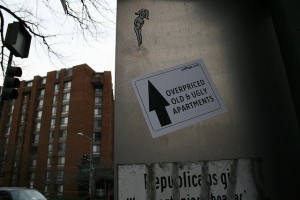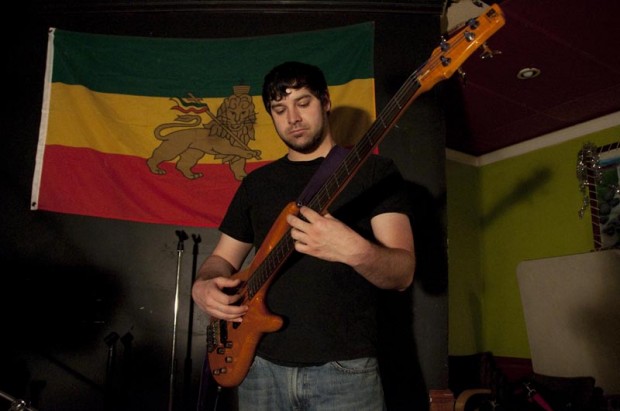Good morning, DCentric readers. Here are four links to start off your day:
Big-Time Philly Restaurant Group Gets Into D.C. Market The landscape of 14th Street, NW is steadily continuing to change. The latest possible development: the vacant Shirt Laundry dry cleaning space may be filled by a big-time French restaurant, a far cry from the storefront’s former life. (Washington City Paper)
Georgetown study: Pay gap between minorities, white still widespread White men still get paid more than women and minorities — surprise! But one of the researchers isn’t so certain that discrimination and being a part of the old boys’ club is the cause, saying “these numbers get past all of that. Getting hired as a school teacher is not about being connected. And why a school teacher makes less than a school teacher who is a majority person is a mystery.” (NewsChannel 8 )
Modell’s Sporting Goods at DCUSA opens Will Nash’s, a small business sporting goods store located nearby, suffer as a result? (New Columbia Heights)
‘The Sikh Pioneers of North America’: The Punjabi-Mexican Americans of California Did you know that at the turn of the 20th century, a community of Punjabi-Mexican families emerged in Southern California? This post provides us with the history of how immigration policy, discrimination and British colonialism resulted in these two groups coming together. (Racialicious)






